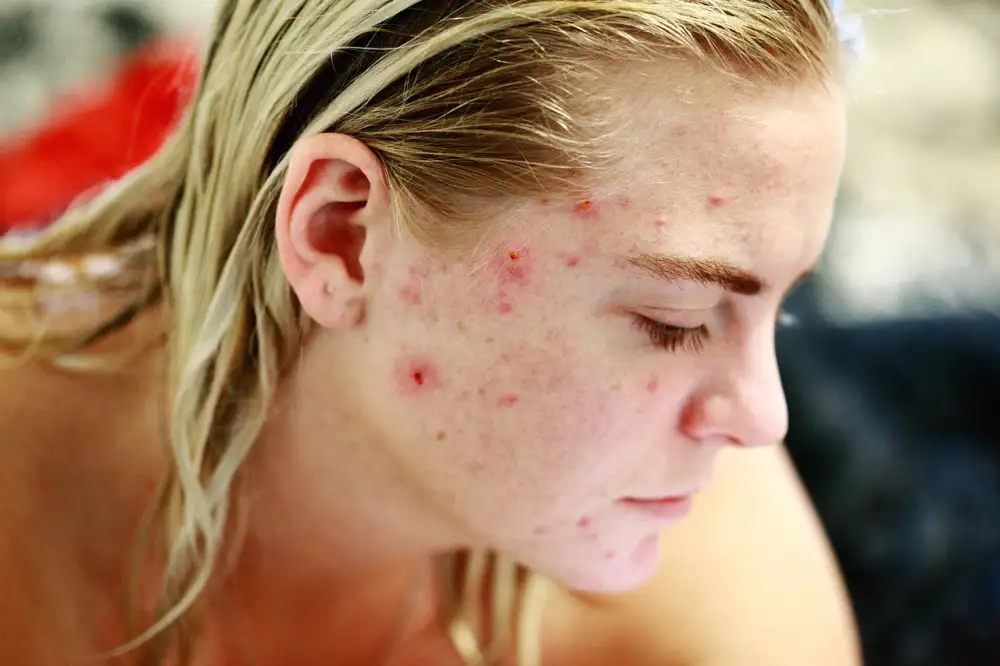Banish Acne Woes: Expert Tips for Clearer Skin!

Acne is a common skin condition that affects millions of people worldwide, regardless of age or gender. It occurs when hair follicles become clogged with oil and dead skin cells, leading to the formation of pimples, blackheads, and whiteheads. Acne can appear on the face, neck, chest, back, and shoulders. While it is not a serious health threat, acne can have a significant impact on one's self-esteem and confidence. Understanding the causes, symptoms, treatment options, and prevention tips for acne is essential in managing this condition effectively.
Causes of Achne
Acne is primarily caused by the overproduction of oil (sebum) in the skin, which can clog pores and lead to the growth of bacteria. Hormonal changes, particularly during puberty, can trigger this excess oil production. Genetics also play a significant role in acne development, as it tends to run in families. Other factors such as certain medications, diet high in refined sugars and carbohydrates, stress, and inadequate skincare routines can contribute to the formation of acne. Additionally, environmental factors like pollution and humidity can exacerbate acne symptoms.
Symptoms of Achne
Symptoms of acne can vary in severity and presentation. The most common symptoms include the presence of whiteheads, blackheads, pimples, and cysts on the skin. These can appear on the face, neck, chest, back, and shoulders. Acne may also cause redness and inflammation around the affected areas. In some cases, acne can be painful or itchy. Additionally, acne can lead to scarring if not treated properly. It is important to recognize these symptoms early on to seek appropriate treatment and prevent further complications.
Treatment options for Achne
Treatment options for acne vary depending on the severity of the condition. For mild acne, over-the-counter products containing ingredients like benzoyl peroxide, salicylic acid, or sulfur can be effective in reducing inflammation and unclogging pores. Prescription medications such as topical retinoids, antibiotics, or oral contraceptives may be recommended for moderate to severe acne. In cases of severe cystic acne, isotretinoin (Accutane) may be prescribed by a dermatologist as a last resort due to its potential side effects. It is important to consult with a healthcare provider to determine the most suitable treatment plan for individual needs.
Prevention tips for Achne
Prevention tips for acne are essential for maintaining clearer skin. Firstly, it's crucial to establish a consistent skincare routine using gentle, non-comedogenic products. Regularly cleanse your face twice a day and avoid harsh scrubbing that can irritate the skin. Hydration is key, so drink plenty of water to keep your skin hydrated from within. Additionally, maintain a balanced diet rich in fruits, vegetables, and whole grains while avoiding sugary and greasy foods that can trigger breakouts. Lastly, try to minimize stress through relaxation techniques like yoga or meditation as stress can exacerbate acne flare-ups.
When to see a dermatologist for Achne
When to see a dermatologist for acne:
If over-the-counter treatments have not been effective in managing your acne, it may be time to consult a dermatologist. Additionally, if your acne is severe and causing scarring, or if you are experiencing emotional distress due to your skin condition, seeking professional help is advisable. Dermatologists can provide personalized treatment plans tailored to your specific needs and may prescribe medications such as retinoids or antibiotics to help control acne outbreaks effectively. Early intervention by a dermatologist can prevent long-term skin damage and improve the overall health of your skin.
Published: 20. 04. 2024
Category: Health



